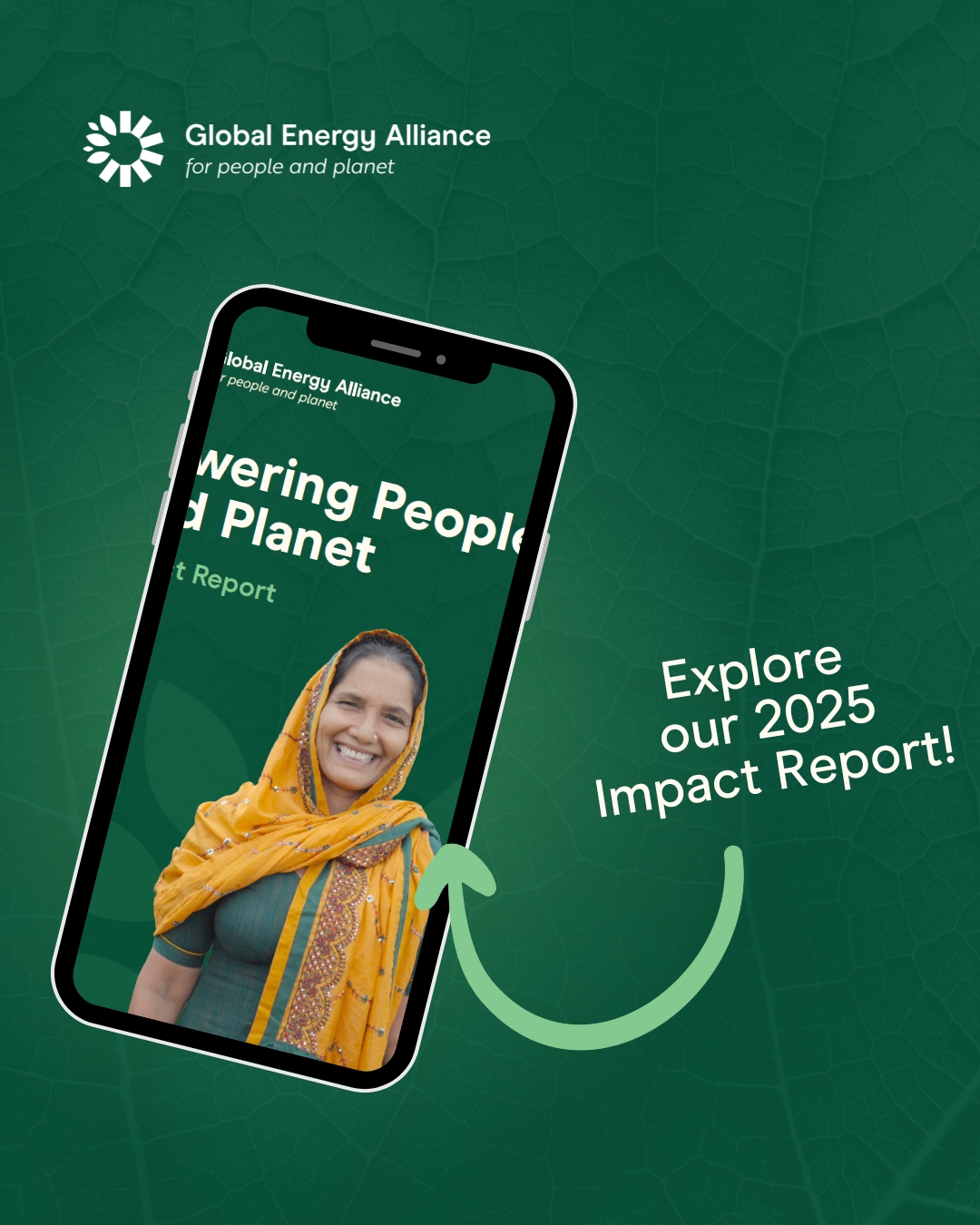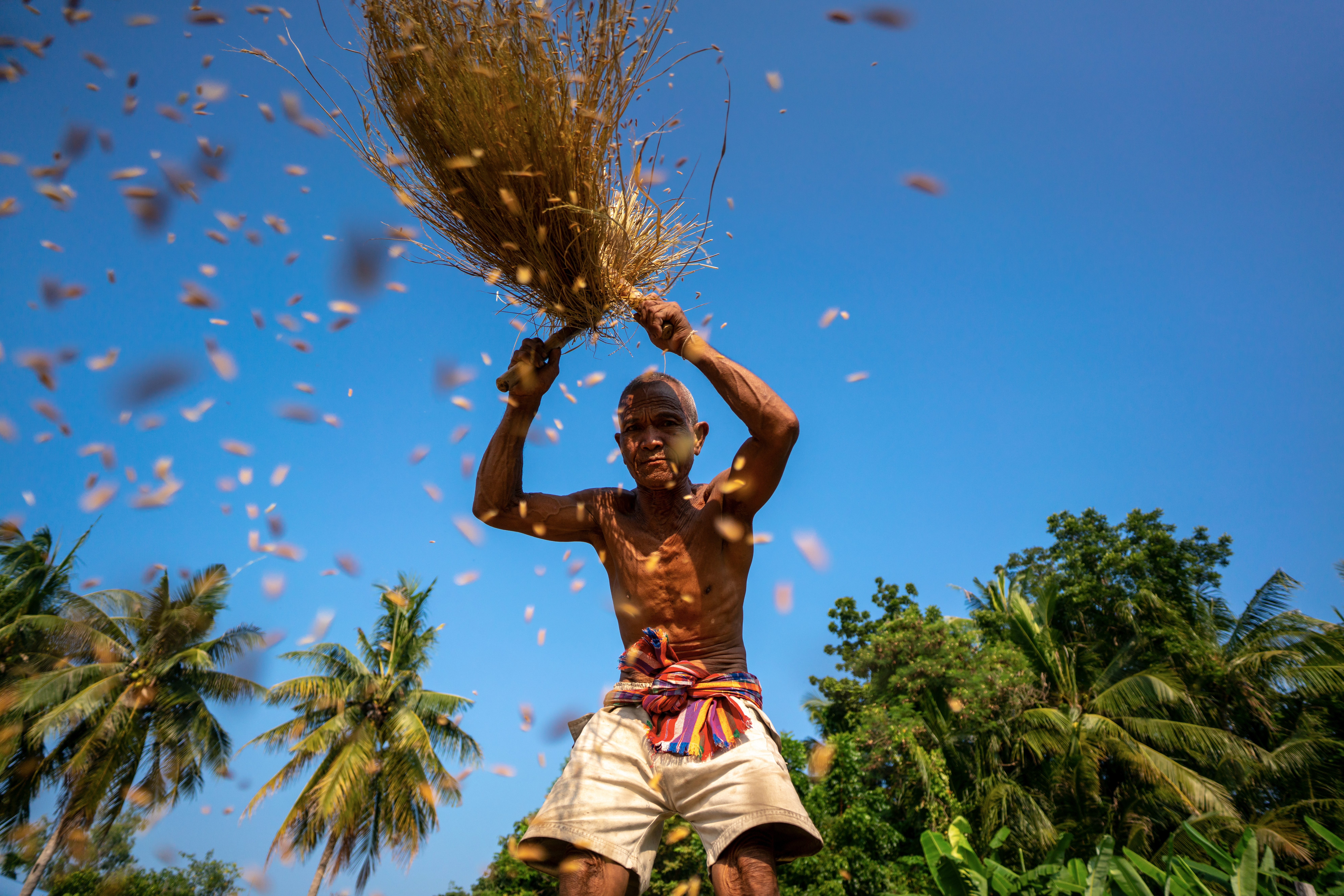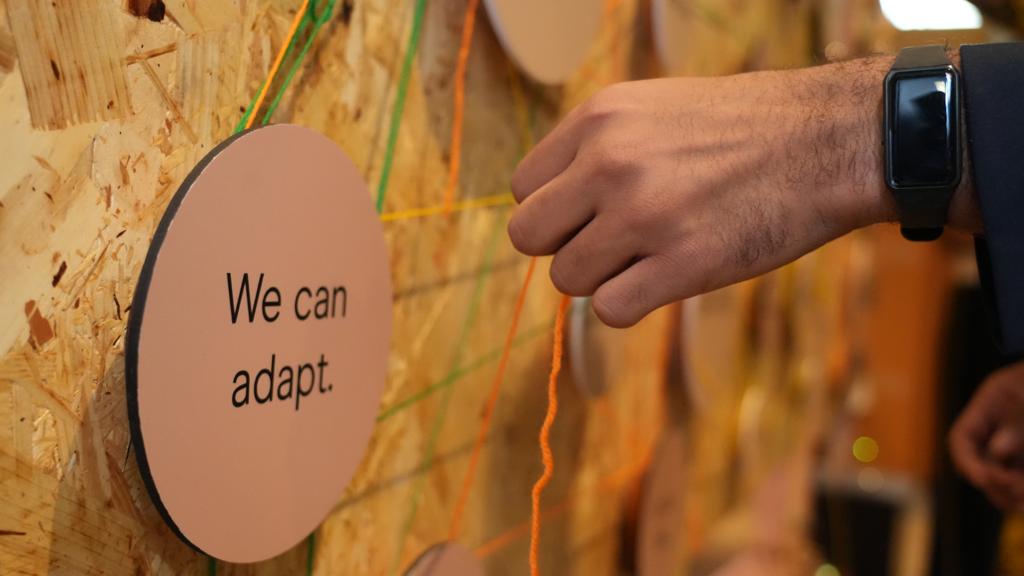The Power of Storytelling: Communicators as Catalysts for Climate Action

In our era of unprecedented environmental challenges, the role of climate communicators has never been more crucial. We stand at a critical juncture where awareness alone is no longer sufficient; what we urgently need is decisive action. Climate change isn’t merely an abstract concept anymore; it’s a reality affecting lives across the globe. However, moving from awareness to action requires a nuanced approach. And it can happen through the power of stories led by climate communicators.
Stories have been part of human culture since the beginning of civilization. They captivate our imagination, evoke emotions and convey messages in a way that statistics and data alone cannot. When it comes to climate change, storytelling becomes even more critical as we grapple with complex environmental challenges that can often seem distant or abstract. An Inconvenient Truth (2006) documentary by Mr. Al Gore is one such example. This documentary vividly pictured the detrimental effects of global warming and brought the issue into the public domain. The book, ‘The Silent Spring’ by Rachel Carson made people realise the drastic impact of climate change. In her book, she raised important questions about humankind’s impact on nature. The Solar se Samriddhi campaign by Smart Power India (SPI) promoted the adoption of rooftop solar in small and medium enterprises among a large number of rural people in two districts–Varanasi and Mirzapur of the State of Uttar Pradesh, located in India. This campaign adopted a 360-degree communication approach, including multiple touch points across stakeholders such as a toll-free number, a mobile application, an innovative solar yatra, creative audio-video jingles, and distribution of IEC materials, influencing a diverse section of society.
Here’s how climate communicators can catalyze behavioural change through storytelling:
Humanising the Issue
Climate change is often portrayed through scientific reports and data, which can feel disconnected from our everyday lives. By sharing personal stories and highlighting the human faces behind the statistics, communicators can humanise the issue and make it relatable to audiences. Whether it’s a farmer struggling with drought, a coastal community facing rising sea levels, or a family adopting renewable energy solutions, storytelling brings the reality of climate change closer to home. A recent example is the #ImPactWithYouth videocast series facilitated by YuWaah where young leaders, experts and decision-makers convene to dialogue on matters of current importance, including but not limited to climate action, green economy and volunteering. Bold Moves, another initiative by Sustainable Energy for All, is a video series highlighting the pioneering efforts to deliver energy, climate, and development progress in countries across Sub-Saharan Africa. Climate Witness is a third inspiring initiative from Voices for Just Climate Action, where local people’s remarkable initiatives about mitigation and adaptation are highlighted against climate change.
Inspiring Empathy and Action
Stories can make people feel empathy and strong emotions in ways numbers can’t do. By sharing stories of resilience, adaptation and community-led initiatives, communicators can inspire hope and motivate individuals to take action. When people see themselves reflected in the stories of others, they are more likely to feel a sense of solidarity and urgency to address the climate crisis. GEAPP’s campaign ‘Letters to the Future’, started under the banner of #LetsChangeEnergy, encouraged people to write letters to their future selves, sharing stories of inspiration, hope and their tiny actions against climate change.
Building Coalitions and Collaboration
Climate change is a global issue that requires collective action at all levels. Storytelling can be a powerful tool for building glocal, transnational and inclusive coalitions, fostering solidarity over the commonality of threats, loss, but more importantly solutions and the power of the collective, and forging equitable partnerships among diverse communities and public, private and youth stakeholders to emerge as one comprehensive yet cohesive voice. By highlighting stories of partnerships, cross-sectoral cooperation, and grassroots activism, communicators can demonstrate the strength of collective efforts in addressing complex challenges. On International Women’s Day 2024, GEAPP led the campaign #LetsChangeEnergy with her, for her to highlight women’s contribution to the energy sector. Similarly, on World Environment Day, last year, YuWaah-UNICEF partnered with the Government of India to launch the Meri LiFE web portal and mobile application that enables government, industry and citizens, especially youth pro-planet action as well as reporting, in a bid to promote GoI’s global movement ‘Mission LiFE’.

#LetsChangeEnergy with her, for her
Role-modelling for social and behavioural transformation, and bottom-up advocacy
Climate action and intelligence are not limited to the technical jargon and acronyms that are transacted in high-level conferences and board rooms. Climate action and wisdom are often hidden in the mundane, yet courageous and innovative acts of adaptation and resilience demonstrated by communities, and young people living in climate-stressed regions.
Stories of humans navigating climate change and crisis have the ability to influence public opinion, and behaviours as well as shape policy decisions. Climate communicators can leverage storytelling to advocate for policy reforms, promote climate and environmental justice, and hold decision-makers accountable. By amplifying the voices of marginalised communities and those most affected by climate change, communicators can advocate for policies that prioritise equity, sustainability, and resilience.
However, across the development sector, a lesson well learnt, is that these stories are most transformative when owned and delivered by communicators, especially young communicators and advocates from the margins, who have experienced and tackled these adversities first-hand. Equipping them with the resources, skills and a platform/ seat at the right table can catapult the impact of their stories. The Chipko Aandolan started in Uttarakhand, a hilly state in India, convinced the government to enact stringent regulations against the felling of trees in the forests of India. On 5th June 2024, under the global Green Rising movement, YuWaah at UNICEF will support the establishment of a National Youth Climate Consortium that enables regular local convening, capacity building and concerted action of grassroots young climate leaders from diverse communities across the country, towards promoting climate conscious and adaptable youth, who are equipped to take sustained green action to protect and enhance the wellbeing and resilience of their communities, as well as contribute to the Government’s efforts towards the same.
Measuring Impact and Adaptation
Measurement and estimation of the impact of at-scale climate action is among development practitioners and policy makers’ top-most priorities as well as challenges. At the same time, effective communication of the magnitude, longitude and quality of that impact is an essential and dynamic process that requires constant evaluation and adaptation. By measuring the impact of our communication efforts and soliciting feedback from stakeholders, we can refine our strategies and optimise our outreach initiatives. Continuous learning and improvement are essential for staying responsive to evolving needs and challenges. The IPCC reports have created better understanding, awareness and sensitisation not only in scientific communities but also among common people.
Climate communicators play a pivotal role in translating awareness into action. By harnessing the power of communication to educate, empower, and mobilise stakeholders, we can bring about a change towards a cleaner and greener future.



